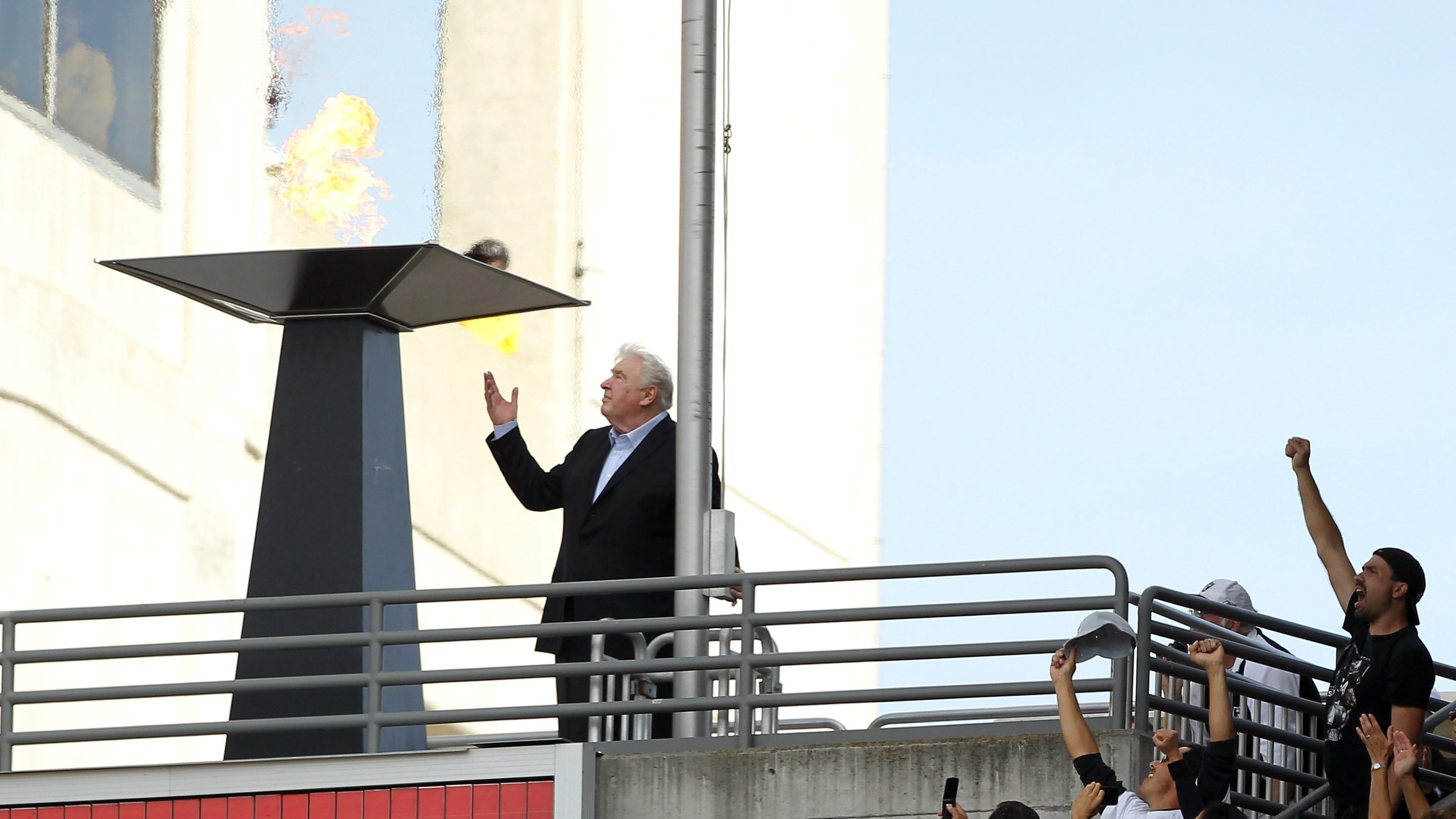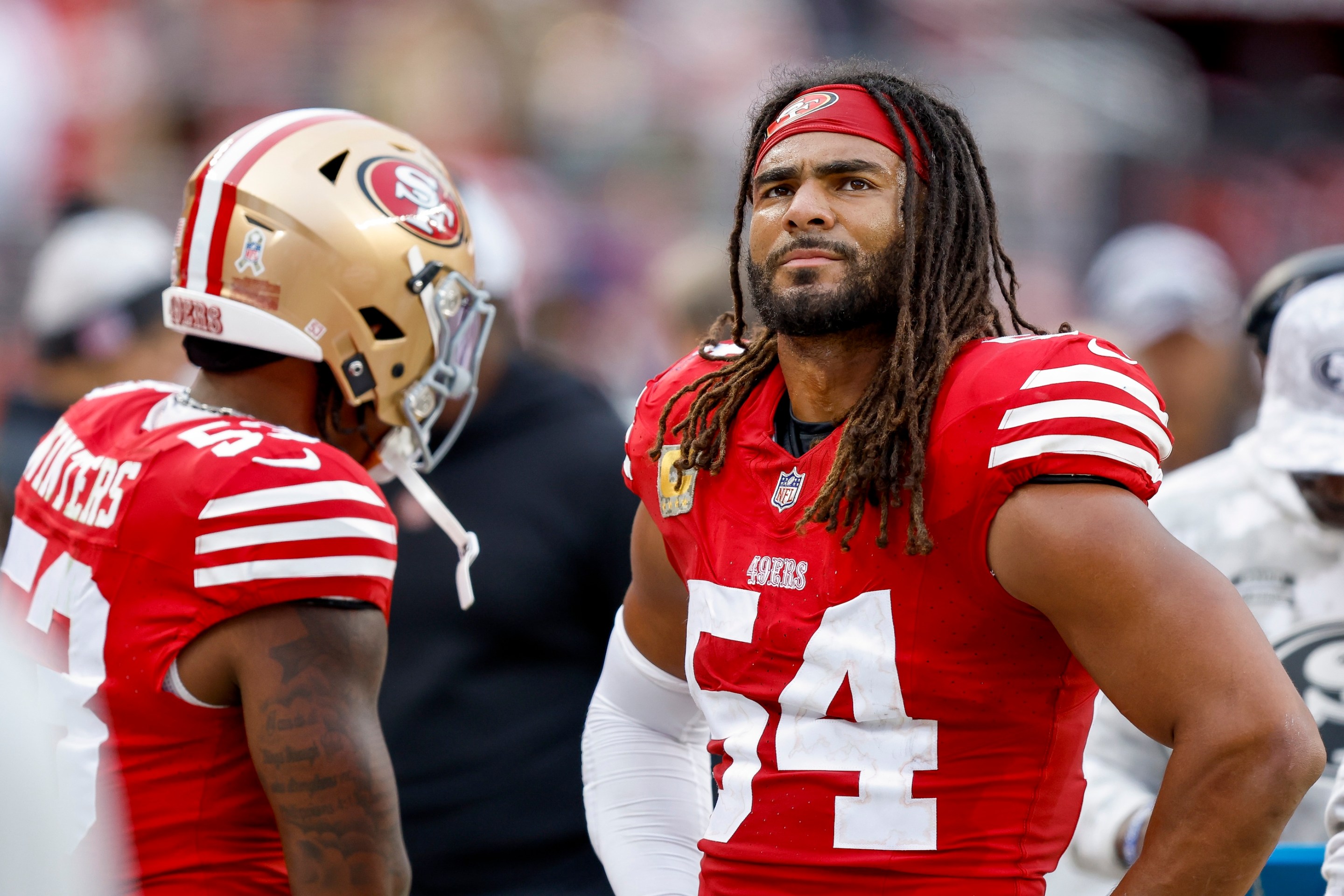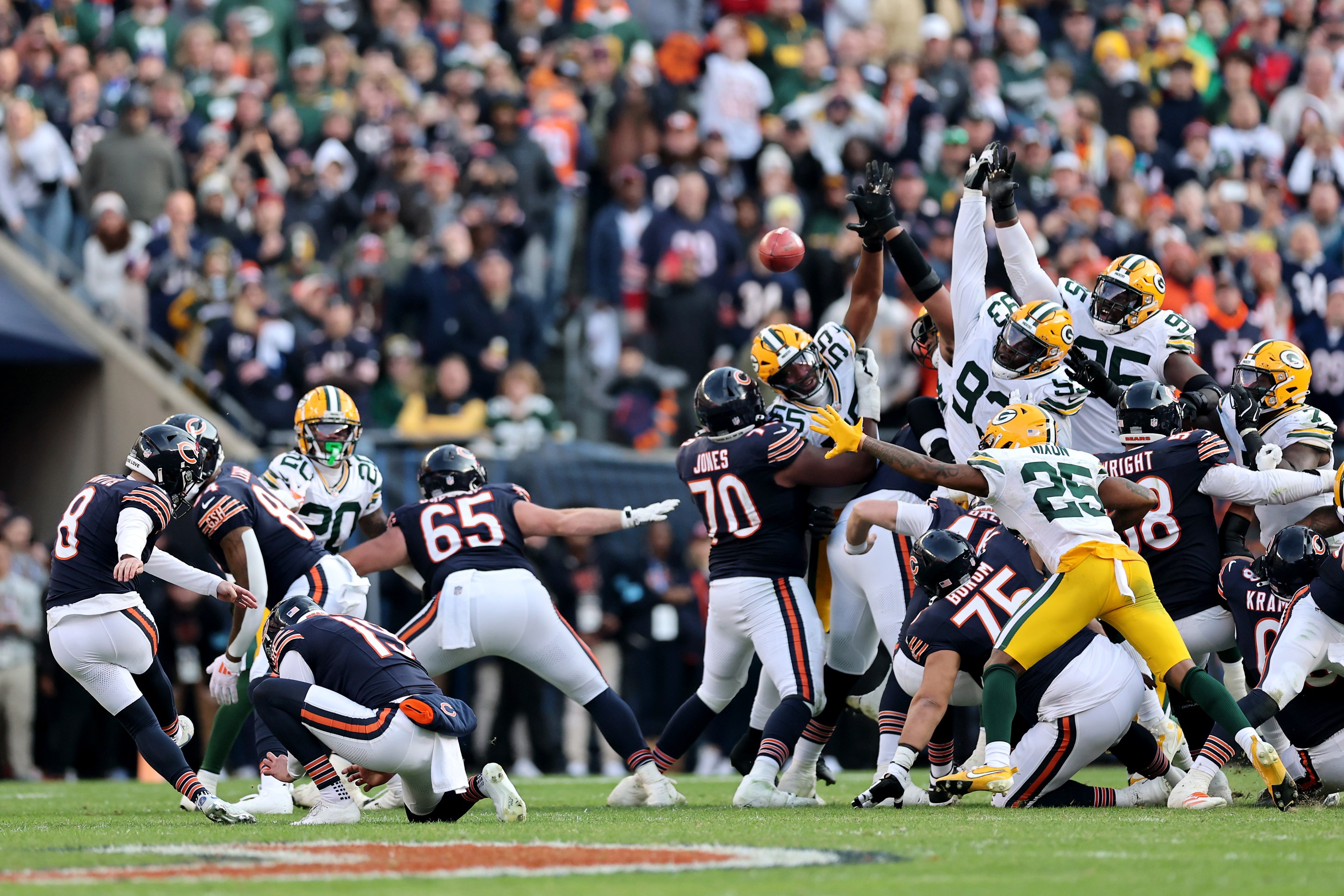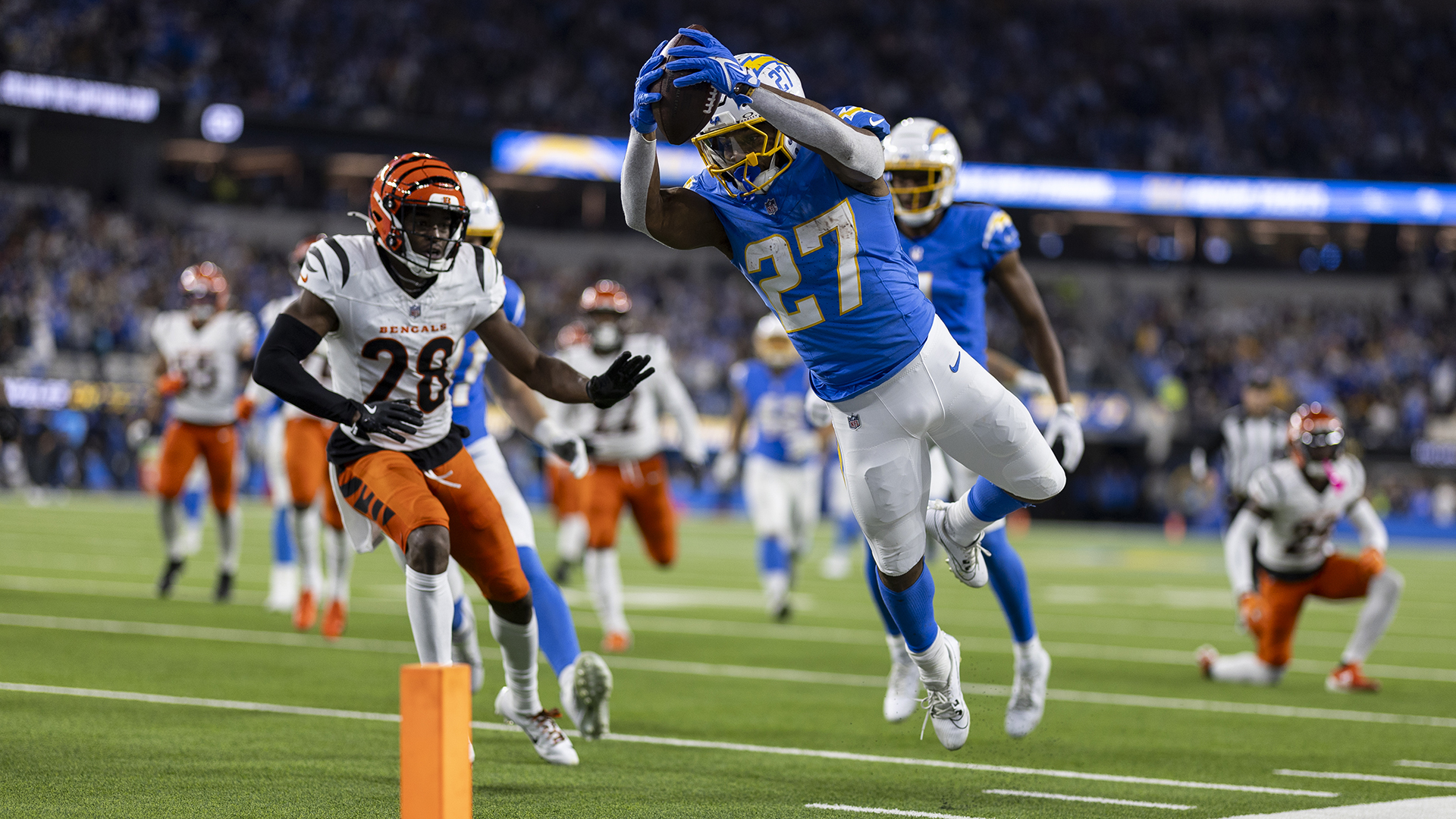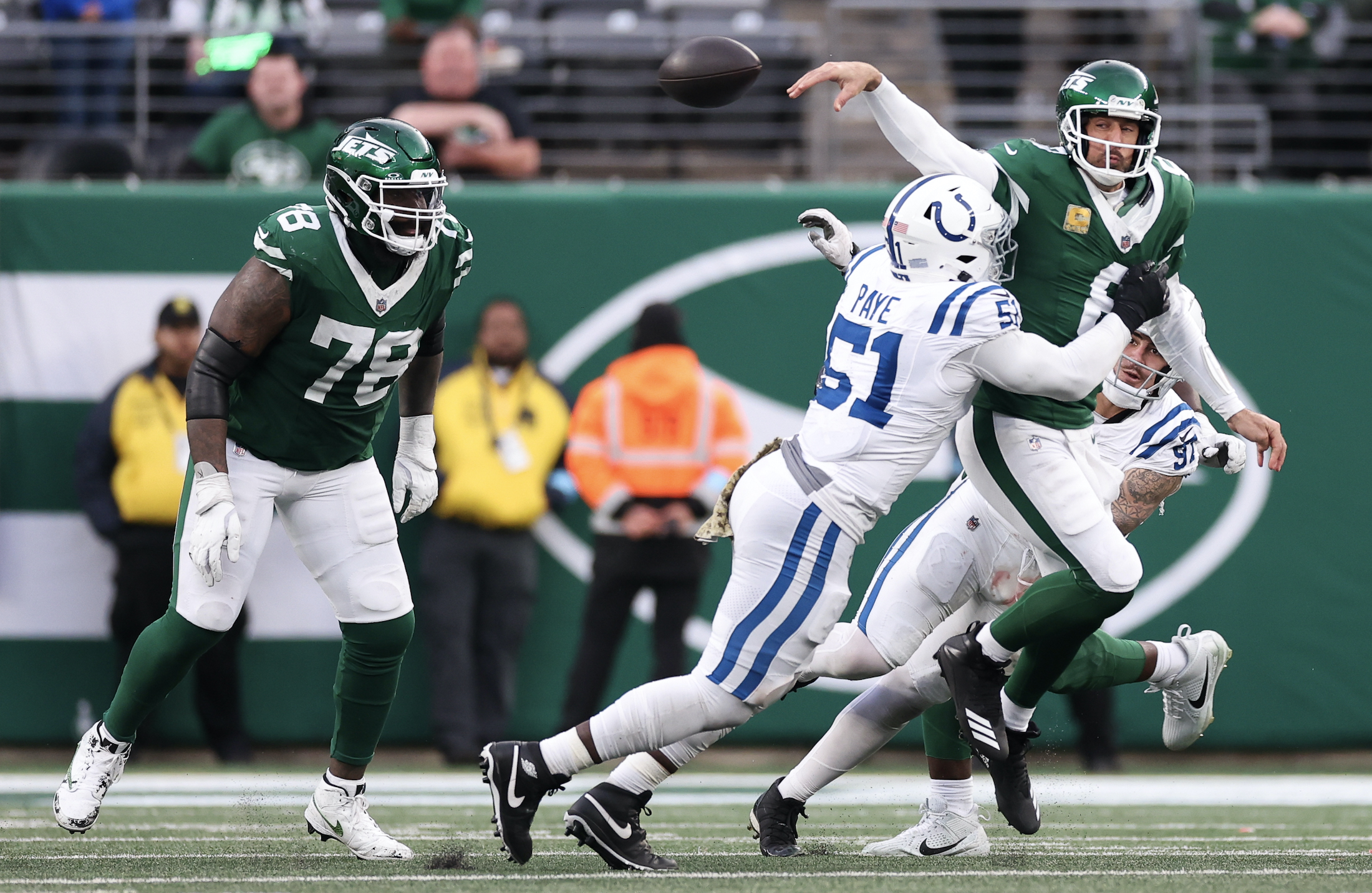Yes, John Madden is the godhead of all sports video games and, yes, John Madden bought up massive chunks of what eventually became the Bay Area's most platinum levels of real estate and, yes, John Madden changed television sports analysis forever. That's about seven worthwhile lifetimes right there. And whatever Madden’s afterlife is, after dying Tuesday at age 85, it will have to beat this one 173-3 to be remotely comparable.
But before all that—before Madden reinvented talking about football on television in a way that no one has done nearly as well in the 43 years since he walked away from coaching—he was the coach of his era. He was an ace communicator and a football savant, but his legacy is grounded in his capacity to do the one thing nobody else ever seemed to be able to do.
He said no to Al Davis and made it stick.
It's how everything else happened for Madden, a rampant visual mess with a massive brain and the spine to back up his ideas. He faced down Davis over Ken Stabler when Davis wanted someone with a bigger arm. He cajoled Davis's seemingly endless supply of talented reprobates into becoming one of the greatest teams in NFL history, and he avoided the chop from a frustrated Davis every time they were nipped at the post by the epochal Steelers teams of the 1970s. He gave coaching its elemental 10-Year Rule, which states that everything a coach does will be done either in 10 years or not at all. Madden walked away after those 10 seasons with the second-best winning percentage in NFL history, all because he trusted his own sense of direction much more than the road signs nailed up by his predecessors. It was only then that he became a global cultural icon.
It worked in large part because Madden didn't actually need to be famous. He just needed to be left alone to do what was born to do, and to leave those whose labors made his world possible alone as well. He was the first "be on time, work your ass off, and win on Sunday" coach in the league, which made him a revolutionary in a world that still ran on Lombardi Time. And Madden did all this while looking like he'd been stuffed into someone's laundry hamper and came out dressed, if that's what you could call it.
His coaching career did not take an easy path, until it did. Two years at Allan Hancock College, alma mater of Kathy Bates and Zac Efron, a year at San Diego State with Don Coryell, a year as the Raiders' linebackers coach and then, when Davis forced head coach John Rauch to flee to Buffalo a year later, the head coaching job. At age 32. Playing for a tyrant at the top of his game.
And Madden thrived, by never being afraid to be fired. All this matters because, while he learned to be fearless before getting to Oakland, he mastered it with Davis, who didn't like being argued with. Madden's counter-argument was, You found me for some reason, now let me show you why you did. It was an odd kind of flattery-with-a-side-of-insubordination that got Madden a longer tenure under Davis than any other coach. The rest he did himself, all the way to becoming a surname that needed no other identifier. You watched Madden. You played Madden. You imitated Madden. You lifted Madden's schtick without ever coming close to mastering it, because what is original inherently can't be schtick. Madden was real all day long, all year long.
He lived like this. Madden visited Darryl Stingley after the New England wide receiver was paralyzed by a Jack Tatum hit and may have saved his life; the two became close. Madden dismissed the league's Heads Up program for youth football coaches right to Roger Goodell's face because he didn't think anyone could learn how to teach football to kids in an hour and a half. Madden gave you not what you asked for but what you needed, even though you almost always didn't know that you needed it. It all sold spectacularly well. Truth told, it was a wonderment that it took 27 years for the Pro Football Hall of Fame to induct Madden when in fact his absence would have justifiably rendered it a Jiffy Lube long ago.
Mostly, Madden was a kid from just south of San Francisco who played football, wrecked his knee, perked up his ears, got some it’s-who-you-know breaks along the way, and eventually showed why those various whos so liked having him around. When opportunity knocked, Madden handed it a beer and invited it inside.
That was the John Madden who led to Madden, and who he was is why there are no Madden stories that you will hear in the next few days that require any embellishment. He enhanced one industry (coaching), radically changed a second (sports broadcasting), and created the value in a third (gaming), which beats the hell out of Bill Belichick, Tony Romo and, well, all the rest of you combined. By any measure, Madden wins 75 percent of everything everyone else had, just by being the uber-caffeinated and unrestrained human unmade bed that fully defined not just three industries, but for two generations.
In short, John Madden was just better at all the stuff he did and all the stuff that's come along since—when he started, and every day after that. Even after he left the game, he would not have needed a fantasy league team, a DraftKings account, or algorithmic shortcuts to figure out why the hell the Chiefs, Vikings, or Jaguars do what they do, or the reasons they do them. It was all always in his head and at the tip of his tongue. It would have come out with a jabbed fist and a "BOOM!" This was less for emphasis than because that's genuinely how the game played out in Madden’s head, and how he wanted you to understand it.
All as the gods clearly intended.
